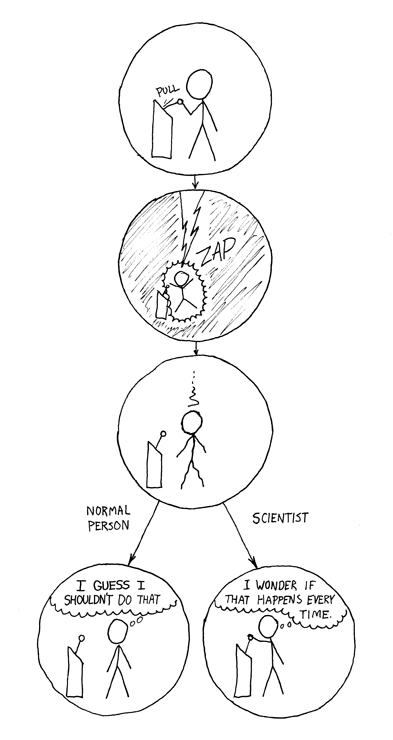|
Last Update: 23 July 2012
Note: |
Philosophically significant items are boldface; items are listed in chronological order.
|
Last Update: 23 July 2012
Note: |
Philosophically significant items are boldface; items are listed in chronological order.
|



